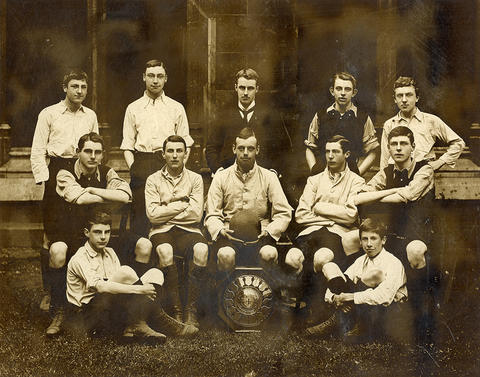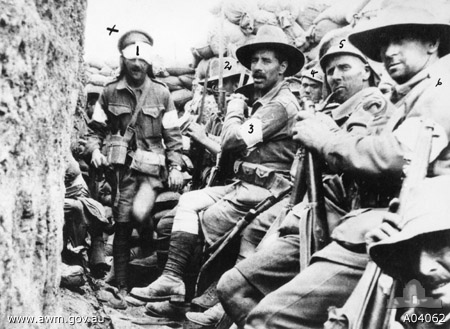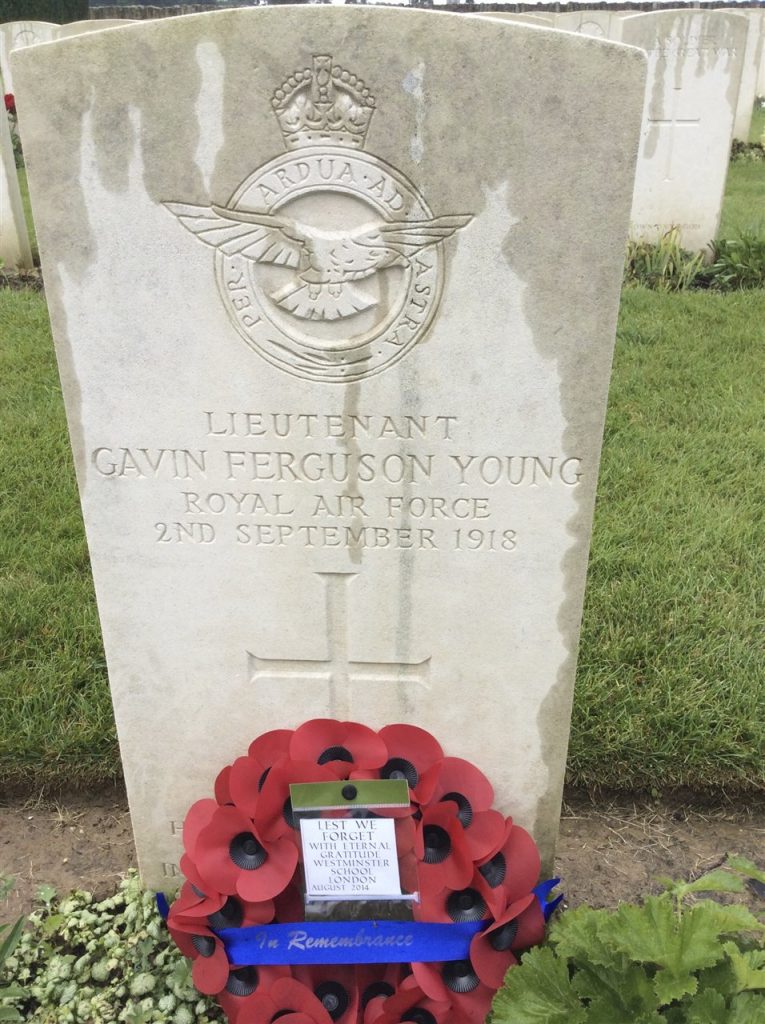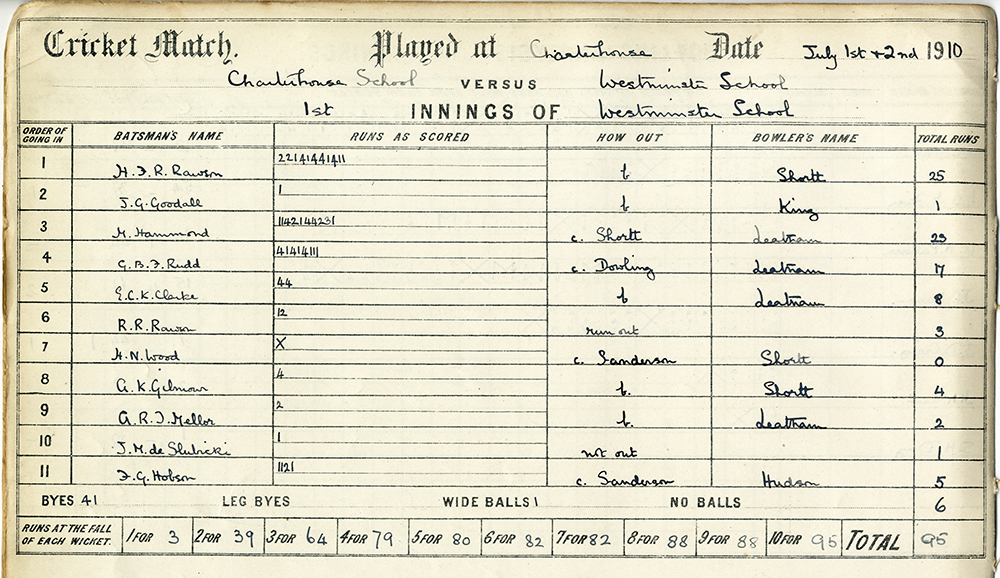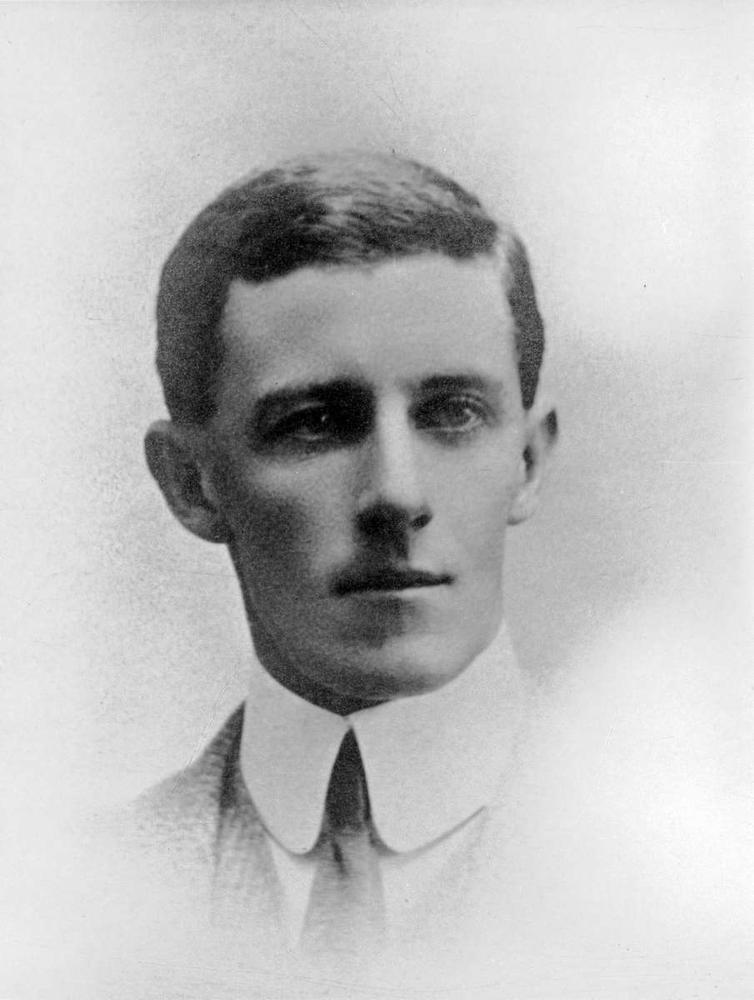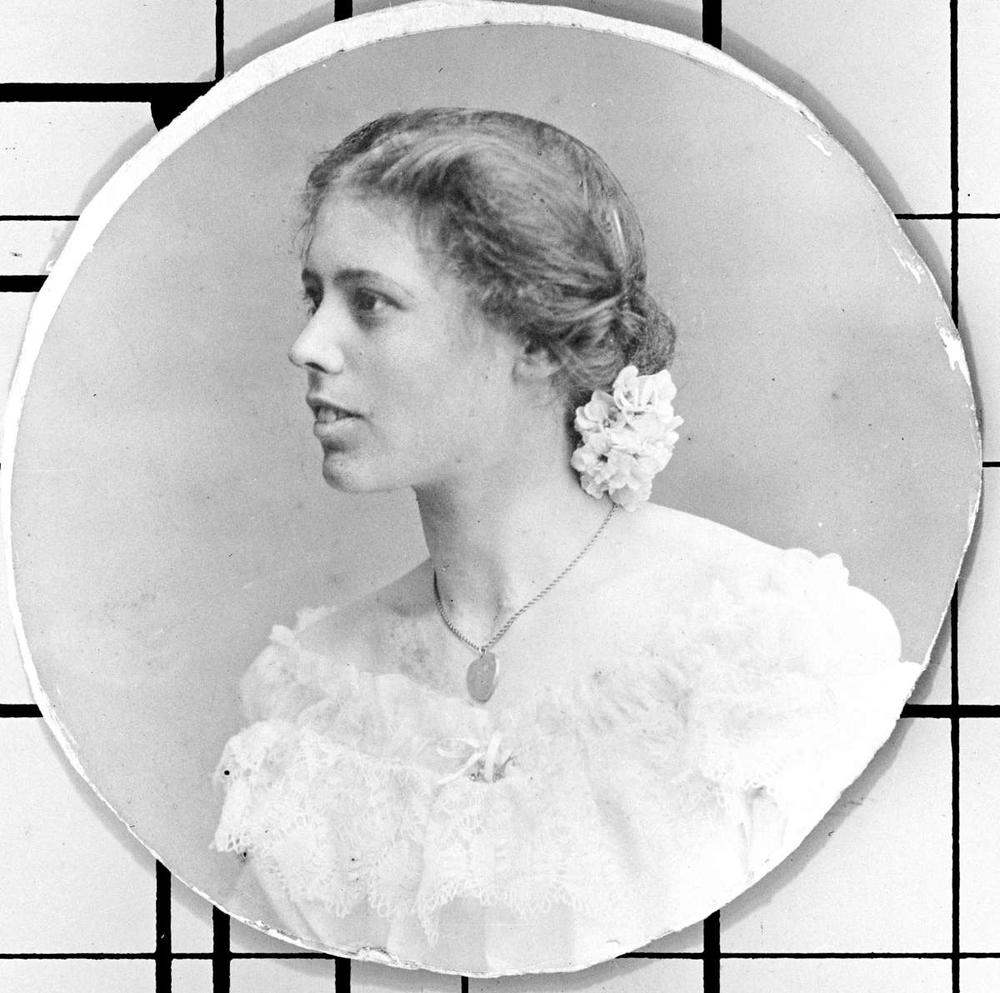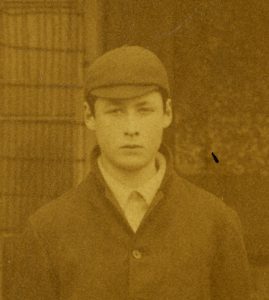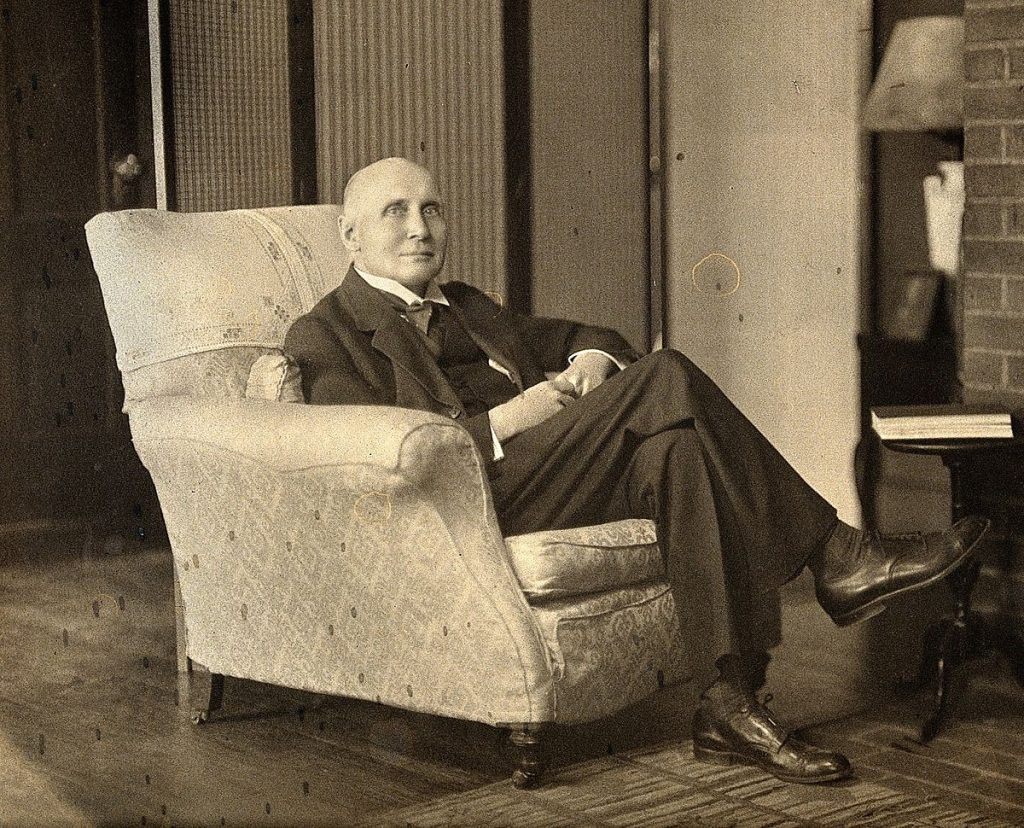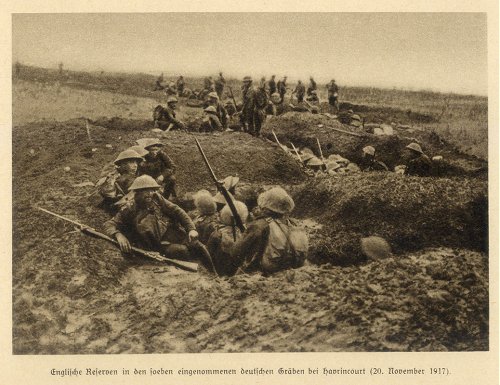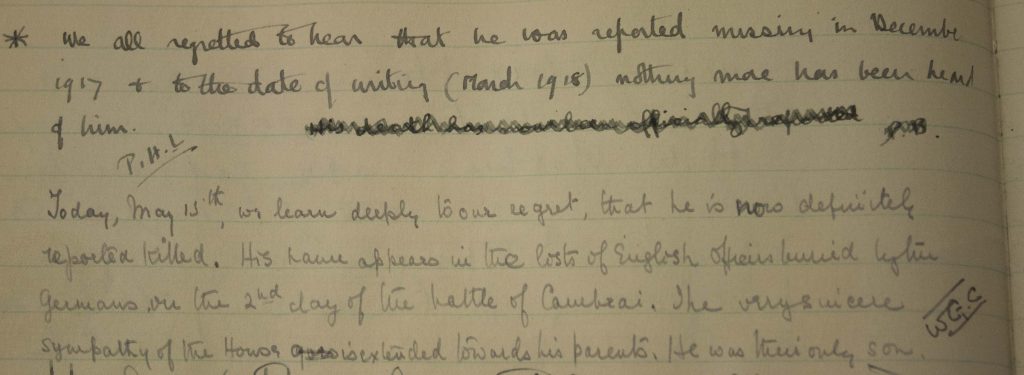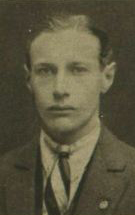Arthur Bracebridge Challis
Arthur Challis was born in 1872, and was accepted into Westminster in 1885, joining Rigaud’s House. During his time at the school he participated in the Glee Club, performing on notable occasions, but his principle passion was football. He played in many inter-house and inter-school competitions, and continued to play both for and against the school as an Old Westminster. He left in 1888, and worked thereafter as a solicitor, practicing as part of the firm ‘Hayward, Smith and Challis’.
He served in the Queen’s Westminster Volunteers 1900-1902 and later the West Kent Yeomanry, where he remained until 1914. He retired from the Yeomanry with the rank of Sergeant, and became 2nd Lieutenant when he joined the Home Counties Heavy Battery R.G.A (Royal Garrison Artillery) that same year. He climbed the ranks of his division, becoming Major in March 1916. He was sent to the Western Front in 1917, commanding the 133rd Heavy Battery R.G.A. It was here that he lost his life, and died in action at Agincourt in September 1918.
